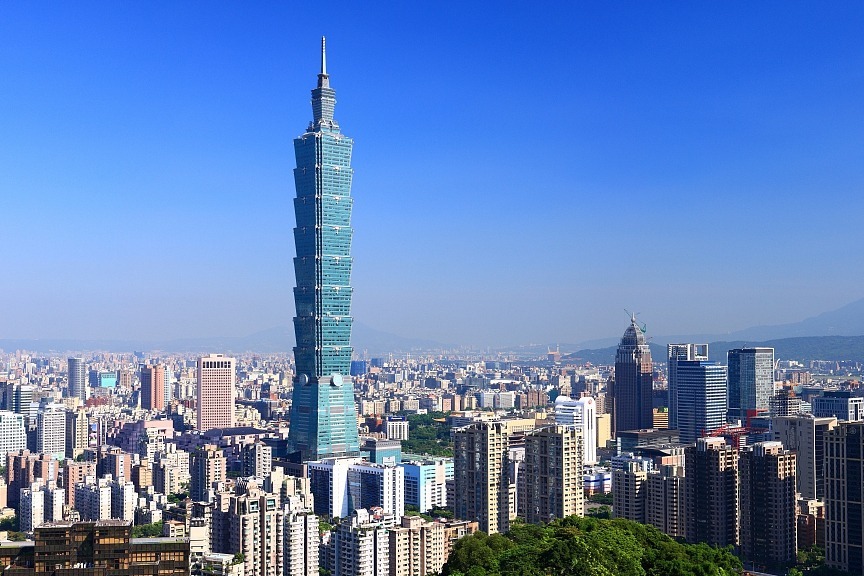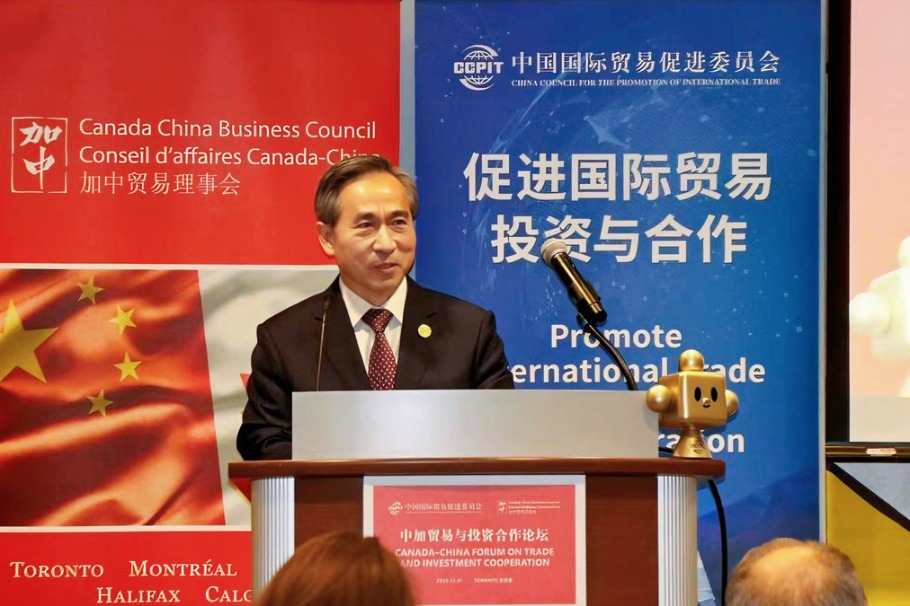Pompeo's fact-twisting China speech versus the truth

7. Mike Pompeo: America can no longer ignore the fundamental political and ideological differences between the US and China, just as the CCP has never ignored them. The US must induce China to change in more creative and assertive ways.
False.
Fact check: Every country takes its development path on the basis of its cultural and historic traditions. No force is entitled to negate the choice of other countries. No country will alter its own system just because others do not like it. China has repeatedly stated that it never intends to challenge or replace the United States, or have a full confrontation with it. China has no intention to engage in rivalry of systems and ideological confrontation with the United States. China never exports ideology, never interferes in other countries' internal affairs, and never seeks to change the US system. However, the incumbent US administration is afraid to make such an aboveboard declaration as China does.
-- China and the United States differ from each other in history, culture, social systems, development paths and national conditions. Therefore, it is inevitable for the two countries to have some differences and frictions. What is important is for the two sides to correctly understand and properly handle such differences. Early on after the founding of the People's Republic of China, the United States pursued a containment policy toward China. The two countries even fought each other on the Korean Peninsula and then fell into 22 years of confrontation. In the 1970s, Dr. Henry Kissinger secretly visited China and then the two countries resumed exchange and opened the gate for peaceful coexistence and common prosperity under the efforts of former US President Richard Nixon, Chairman Mao Zedong and Premier Zhou Enlai. Ups and downs over the past few decades fully show that confrontation and conflict are not in the interests of China or the United States and dialogue and cooperation are the right way of getting along with each other. For the sake of our two countries and the world at large, China and the United States should not seek to remodel each other. Instead, they must work together to find ways to peaceful coexistence of different systems and civilizations.
-- When China-US relations were normalized in 1972, the most fundamental reason for the realization of the cross-Pacific Ocean handshaking between leaders of the two countries was that both sides upheld the principle of mutual respect and seeking common ground while shelving differences, including our ideological differences.
-- As the Joint Communique of the People's Republic of China and the United States of America (Shanghai Communique) issued on Feb. 28, 1972 states, there are essential differences between China and the United States in their social systems and foreign policies. However, the two sides agreed that countries, regardless of their social systems, should conduct their relations on the principles of respect for the sovereignty and territorial integrity of all states, non-aggression against other states, non-interference in the internal affairs of other states, equality and mutual benefit, and peaceful coexistence. The communique explicitly acknowledges that there are essential differences between the social systems of China and the United States, but the differences have not affected the establishment and development of China-US relations.
-- According to the Joint Communique of the People's Republic of China and the United States of America (August 17 Communique) signed on Aug. 17, 1982, respect for each other's sovereignty and territorial integrity and non-interference in each other's internal affairs constitute the fundamental principles guiding China-United States relations. The United States government attaches great importance to its relations with China, and reiterates that it has no intention of infringing on Chinese sovereignty and territorial integrity, or interfering in China's internal affairs, reads the communique. It adds that the development of China-United States relations is not only in the interests of the two peoples but also conducive to peace and stability in the world.
-- On Nov. 17, 2009, China and the United States signed a joint statement, stressing that each country and its people have the right to choose their own path, and all countries should respect each other's choice of a development model. The United States reiterated that it welcomes a strong, prosperous and successful China that plays a greater role in world affairs.
-- In a joint statement by the two countries, which was signed in Washington on Jan. 19, 2011, China and the United States underscored that each country and its people have the right to choose their own path, and all countries should respect each other's choice of a development model.
-- US President Donald Trump paid a state visit to China from Nov. 8 to 10, 2017. The two sides agreed to expand cooperation in a wide range of areas on the basis of mutual benefit, properly manage differences on the basis of mutual respect, enhance the mutual understanding and friendship between the two peoples and strengthen communication and coordination on major international and regional issues so as to move forward the China-US ties.
-- What has happened in China-US relations over the past generations demonstrates that this monumental choice made by the two sides is the right one. Over the past 40 years and more since the two countries entered into diplomatic ties, several generations of Chinese and Americans have worked together to advance China-US relations. As a result, bilateral ties have become one of the most deeply interwoven relationships in the world with broadest cooperation areas and most extensive common interests. The ups and downs in China-US relations provide ample evidence that confrontation and conflict are not in the fundamental interests of both sides, and dialogue and cooperation are the only way to go.
































